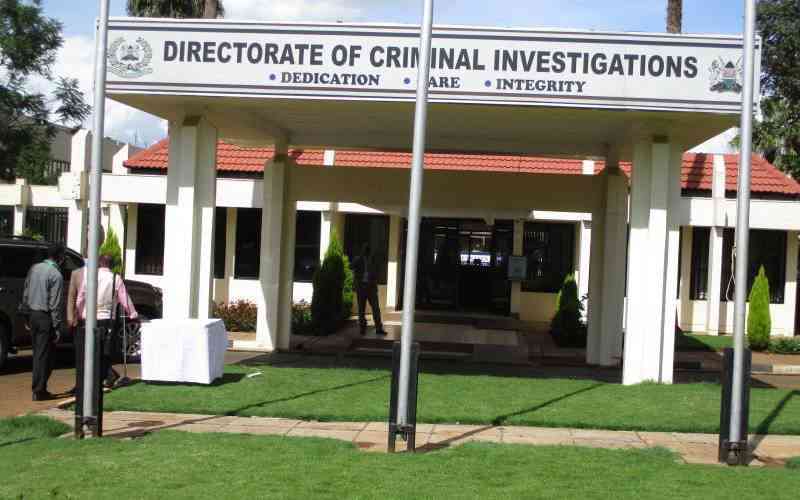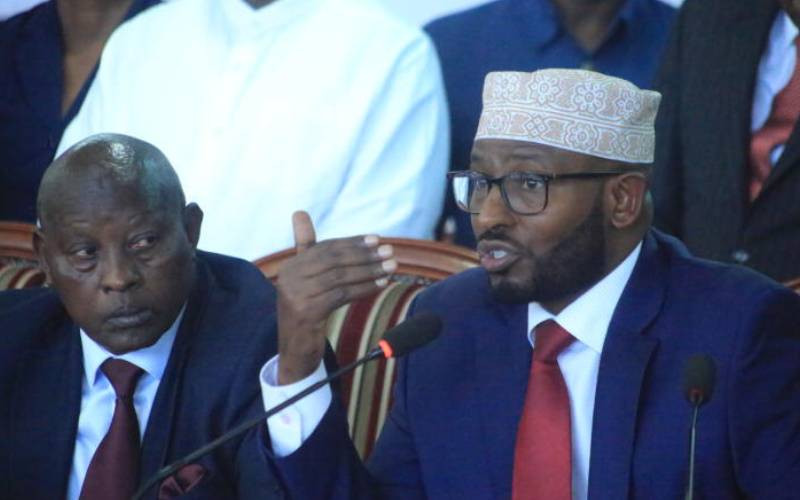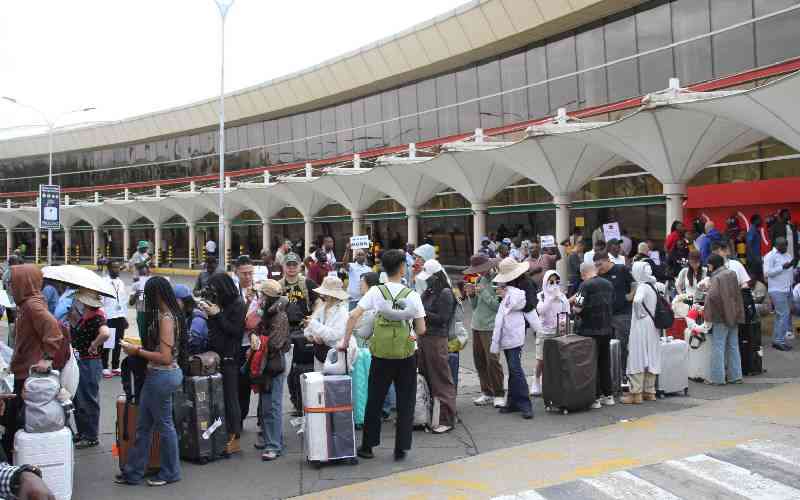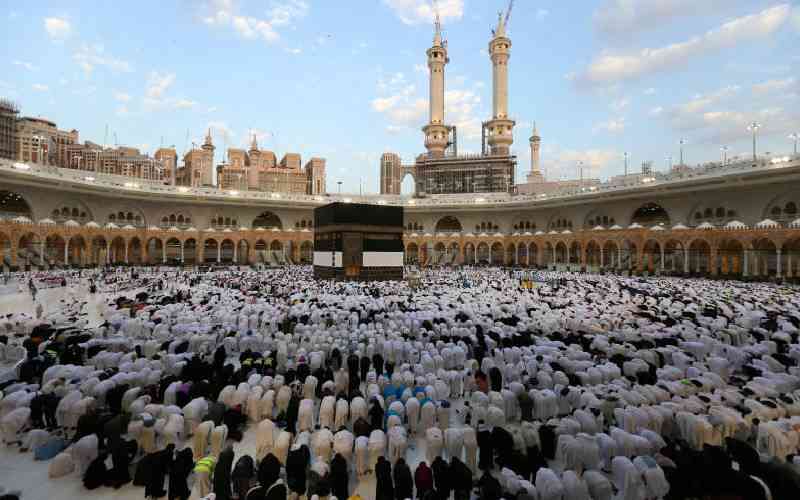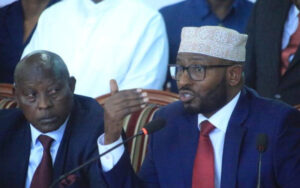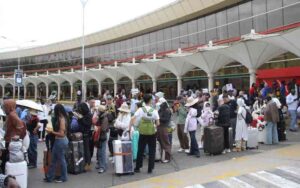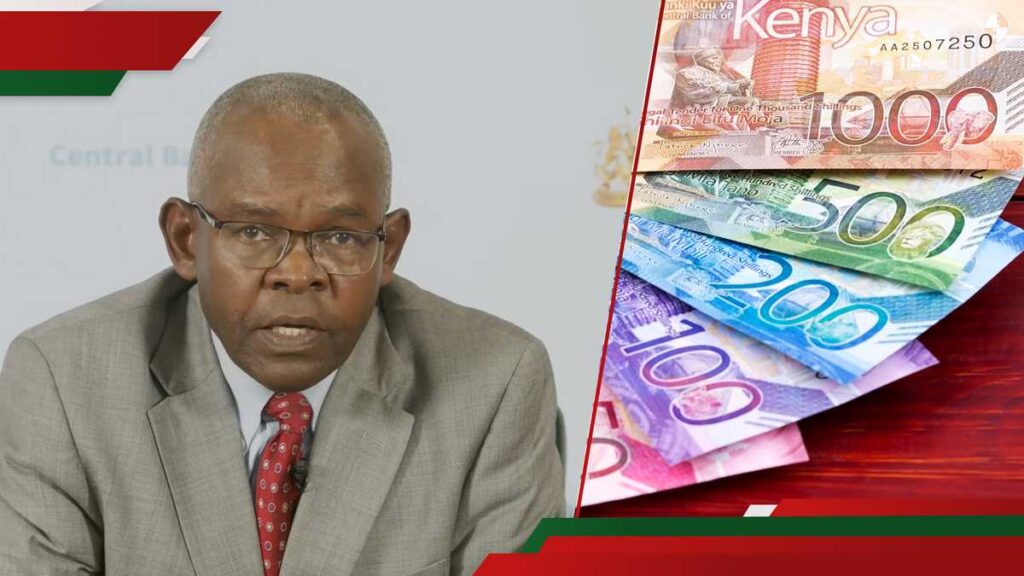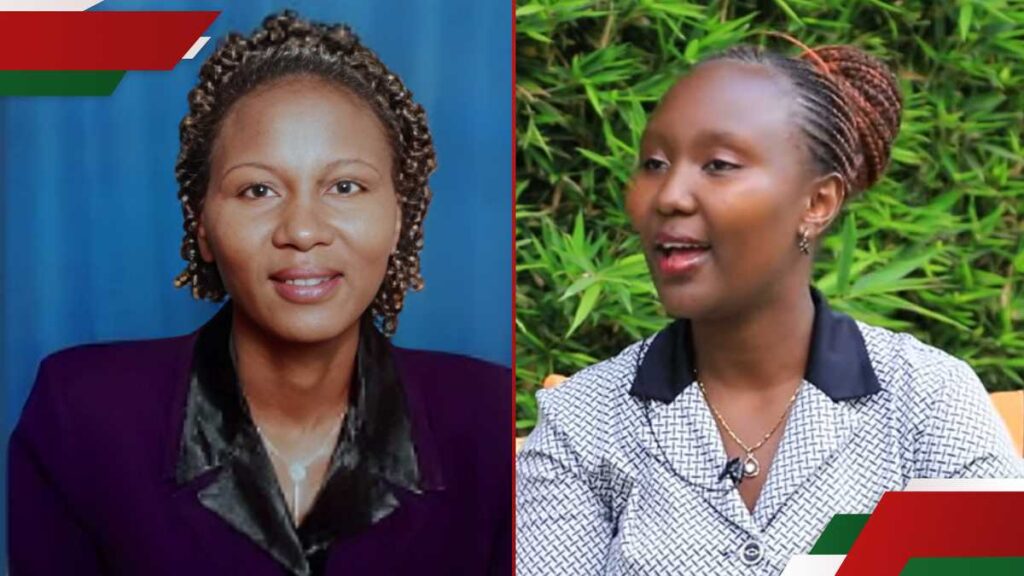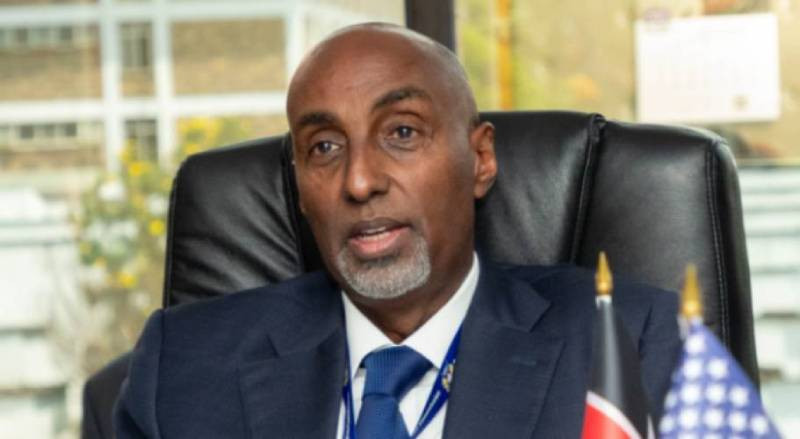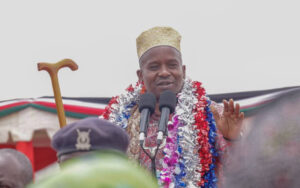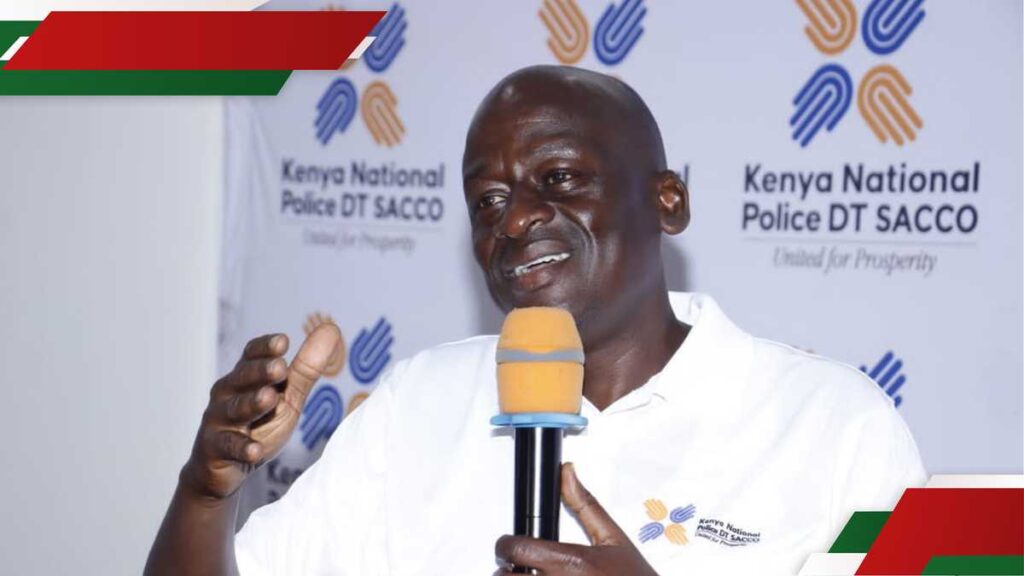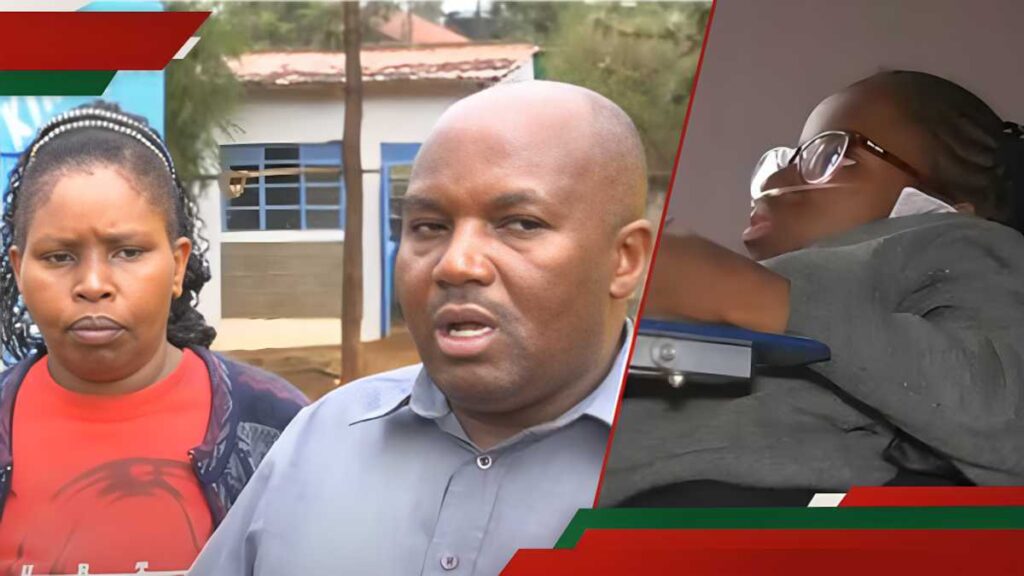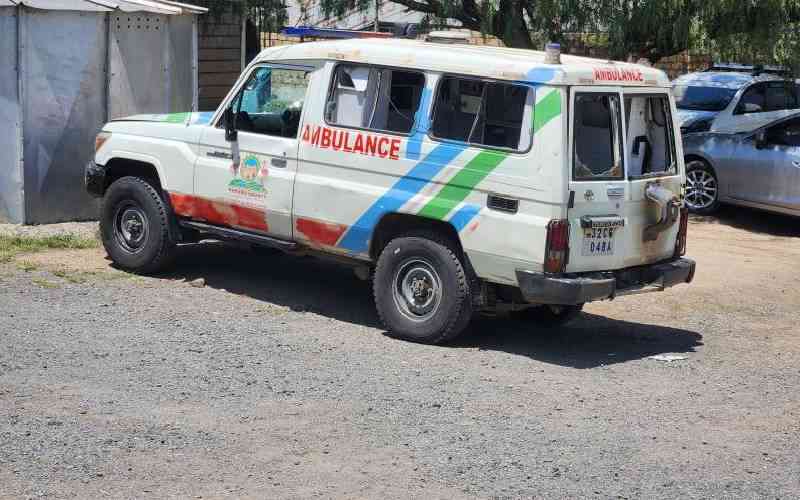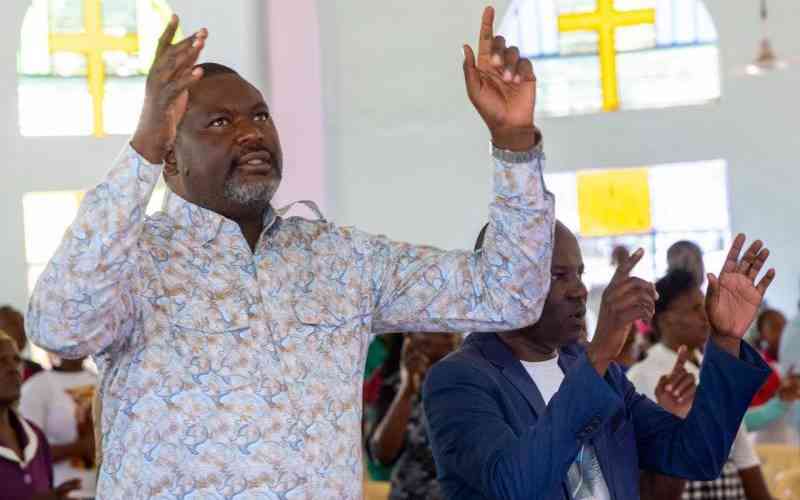At least 5,000 Kenyan Muslims are set to take part in the annual Hajj pilgrimage in 2026, which is an increase from last year’s 4,500, the Kenya Hajj Mission has announced.
The mission which is under the Supreme Council of Kenya Muslims (SUPKEM), confirmed that phase one of preparations for the 2026/1447 Hajj season had been successfully completed on time.
“We commend the registered Hajj agents and pilgrims who have raised the necessary funds for the purchase of locations in Mina and Arafat, as well as for basic services such as tents, beds, and meals,” said Saleem Kadennani, who read the Mission’s statement.
He added: “This year, we experienced a seamless Hajj, with the Saudi government successfully managing to restrict illegal pilgrims who often overcrowd the holy sites, ensuring that fully paid-up pilgrims receive the services they deserve,” he added.
The mission noted that the establishment of the Kenyan consulate in Jeddah, Saudi Arabia has made access to government services easier for Kenyan pilgrims.
Further, the Kenya Hajj Mission raised concerns over what it termed unethical practices by some registered Hajj agents during the last season.
According to the Mission, certain agents falsified documents to obtain illegal visas for foreign passport holders, violating the regulations of the Kingdom of Saudi Arabia while others circulated fake videos alleging suffering among Kenyan pilgrims.
The Mission condemned the acts as both un-Islamic and damaging to the reputation of Saudi Arabia, and that they undermined the spiritual significance of Hajj.
The Kenya Hajj Mission also cautioned against politicizing Hajj matters in Parliament, urging leaders to instead engage directly with relevant institutions to avoid misrepresentations.
“We acknowledge the efforts of our political leaders who have shown interest in Hajj matters, as they represent the Muslim community. However, Parliament is not the appropriate forum to discuss issues that are alien to the majority, denying concerned parties the opportunity to clarify these matters and correct misconceptions about Hajj,” the Mission noted.




